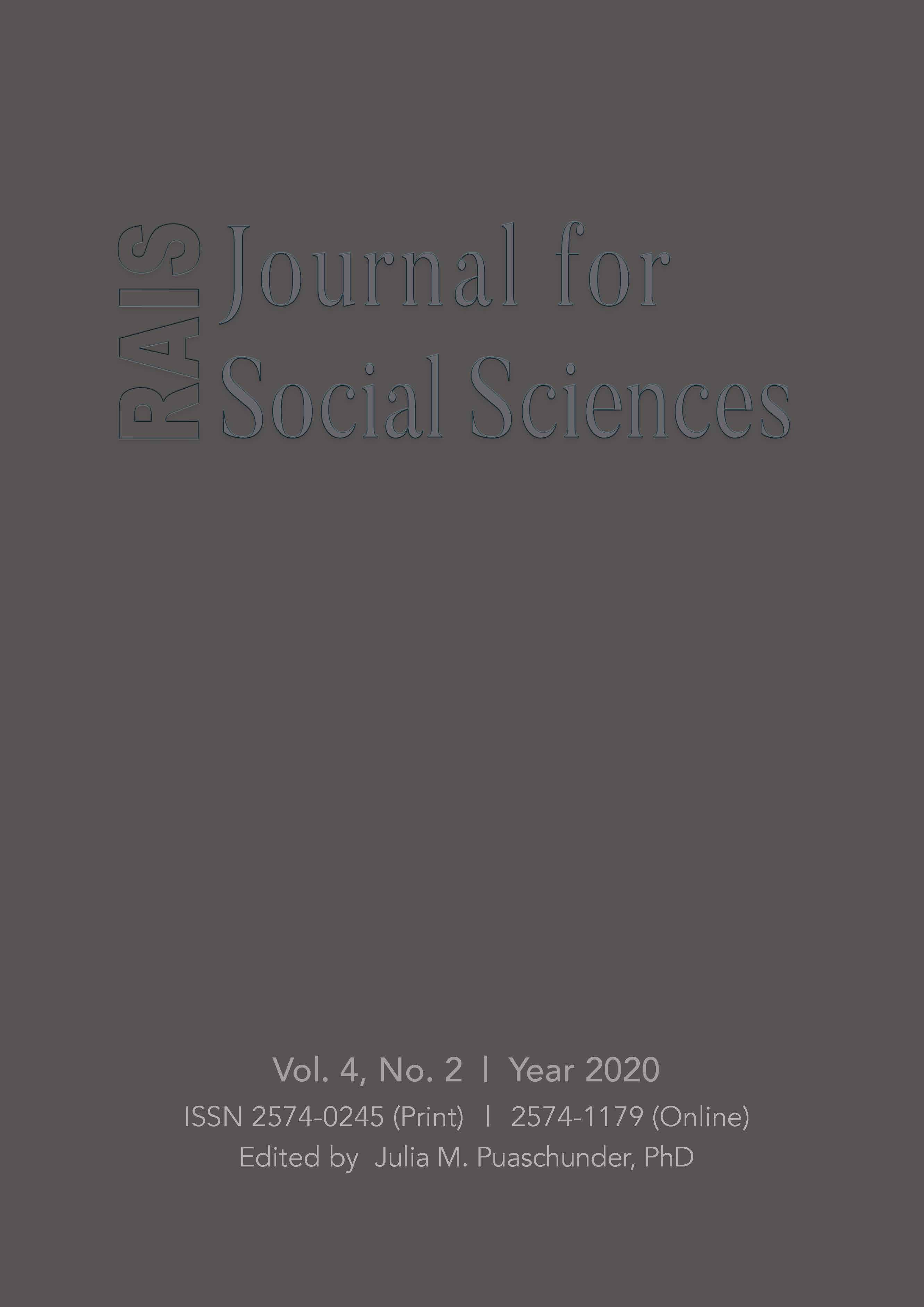Criminological Analysis of the Criminal’s Personality and Internationalization of Punishment
Criminological Analysis of the Criminal’s Personality and Internationalization of Punishment
Author(s): Camil Tănăsescu, Iancu Tănăsescu, Gabriel TănăsescuSubject(s): Psychology, Criminal Law, Criminology
Published by: Scientia Moralitas Research Institute
Keywords: murderer; moral conscience; inhibition; internationalization of the punishment;
Summary/Abstract: This article describes the personality of the criminal and his relationship with society, the criminogenic process and the absence of inhibition during the perpetration of the criminal act. Crime is perceived as a particularly serious act, which must be sanctioned by society. From a moral and social point of view, the danger of criminal acts is general, but crimes are punished differently by the states of the world; that is why there are certain proposals and conditions regarding the internationalization of the punishment, when the crime was committed. The set of rules, prescriptions and prohibitions that make up the punishment uniform the detention behavior. The absence of inhibition, loss of moral consciousness, detachment from positive social events explain the antisocial behavior of the criminal. In detention, social reform can be achieved by rediscovering the moral function of the convict.
Journal: RAIS Journal for Social Sciences
- Issue Year: 4/2020
- Issue No: 2
- Page Range: 14-19
- Page Count: 5
- Language: English

